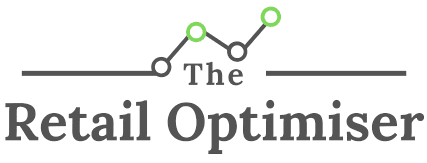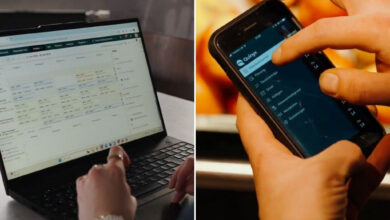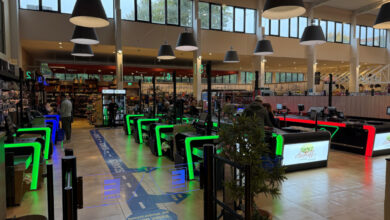Retailers speed up Nutri-Score deployment in Germany
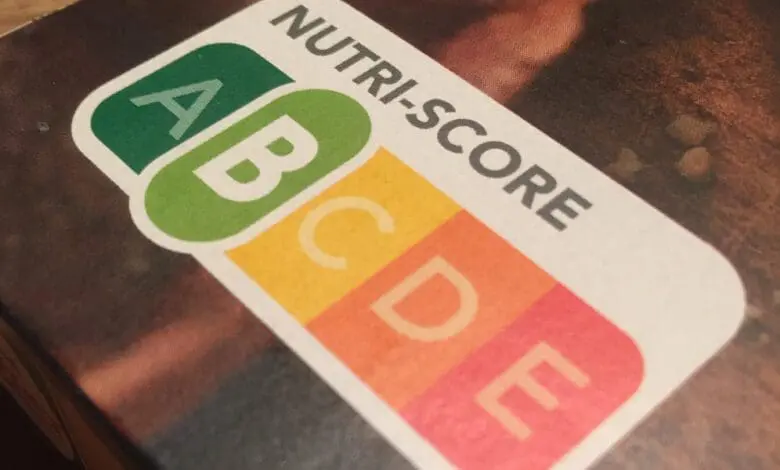
Nutri-Score based on the French model comes to Germany. The commitment of major German retailers to use the nutritional label on their private-label products increases the pressure on brand manufacturers. In France, retail primus E.Leclerc is a pioneer.
There is nothing to stop the Nutri-Score from being used throughout Germany. The regulation on the nutrition label came into effect in November 2020. This means that retailers and the FMCG industry can now use the French version of the food label in Germany with full legal compliance. Nutri-Score is intended to provide consumers with guidance by helping them to recognise healthier foods at a glance.
The plan seems to be working: Nine out of ten shoppers in Germany think the new Nutri-Score logo is good, according to a representative survey conducted by management consultants PwC Germany. In the survey, around 85 per cent of those questioned were even in favour of mandatory labelling of all processed foods and beverages. So far, however, the use of the Nutri-Score in Germany is voluntary.
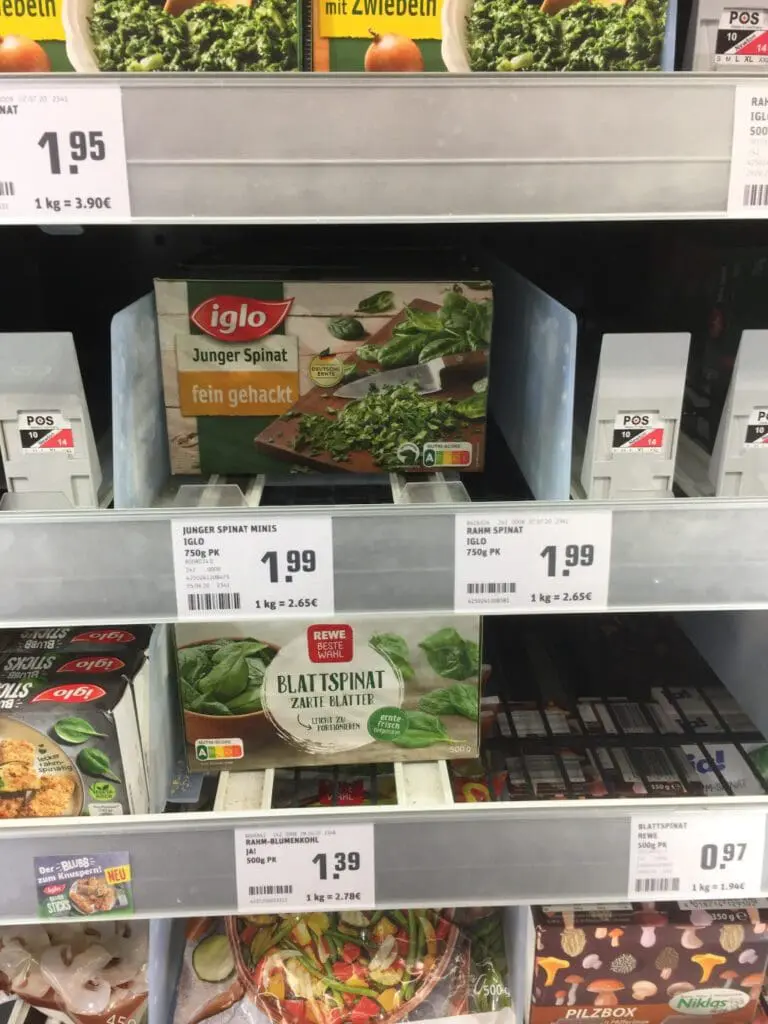
Even before the official launch in Germany, international food companies such as Danone, Iglo, Bonduelle and Nestlé were pioneers, as well as medium-sized companies such as Harry-Brot, Agrarfrost and Rübezahl Schokoladen.
Major retailers in Germany, such as Kaufland, Norma and Rewe Group with their full range supermarkets and Penny, are already labelling parts of their private label ranges with Nutri-Score. The large discounters Aldi Nord and Süd as well as Lidl are in the starting blocks.
Although labelling is voluntary, retailers are also increasing the pressure on the FMCG industry to put the label on their products. After all, the Nutri-Score can only provide orientation within a product group if as many products as possible are labelled.
Politicians are also urging manufacturers to use Nutri-Score labelling voluntarily. “I have the clear expectation that companies will use the Nutri-Score labelling,” said Minister of Nutrition Julia Klöckner to media representatives.
Nutrition label of the French Ministry of Health
Nutri-Score is intended to provide orientation for the consumer when choosing groceries. The nutritional values of different items within a product group can be compared at a glance. The score printed on the packaging shows a nutritional value for each food on a 5-step colour scale from A (dark green) to E (dark red). The achieved score is highlighted in each case.
For this purpose, both energy content and nutritionally beneficial and unfavourable nutrients and ingredients are balanced against each other on the basis of an algorithm determined by scientific findings. Negative factors include high amounts of sugar, fat and salt, while positive factors include fibre and protein as well as fruit, vegetables and nuts. The Nutri-Score is a supplement to the legally required information such as the list of ingredients and nutritional value table.
The use of the Nutri-Score label is free of charge for food manufacturers. All that is required is registration and approval of the usage agreements with the French trademark owner, Santé publique France, an administration under the authority of the French Ministry of Health. After examination, the authority grants the right to use the Nutri-Score logo. If a company decides to use the logo for one or more of its brands, it is required to use it for all categories of products which are sold under its registered trademarks for Nutri-Score.
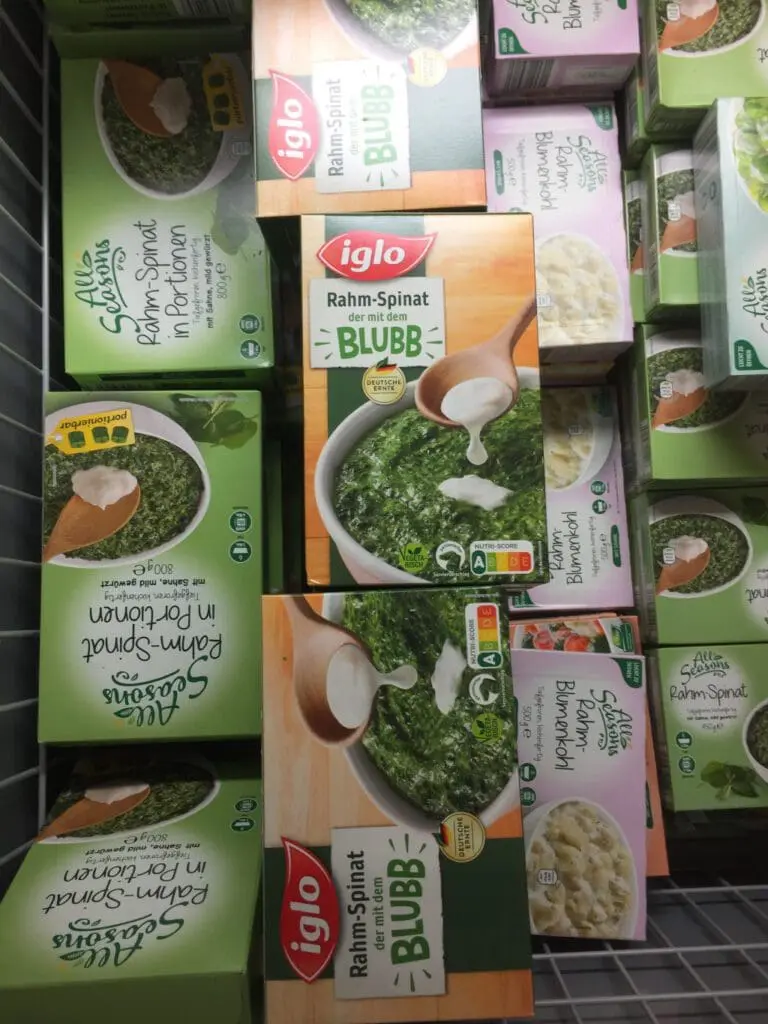
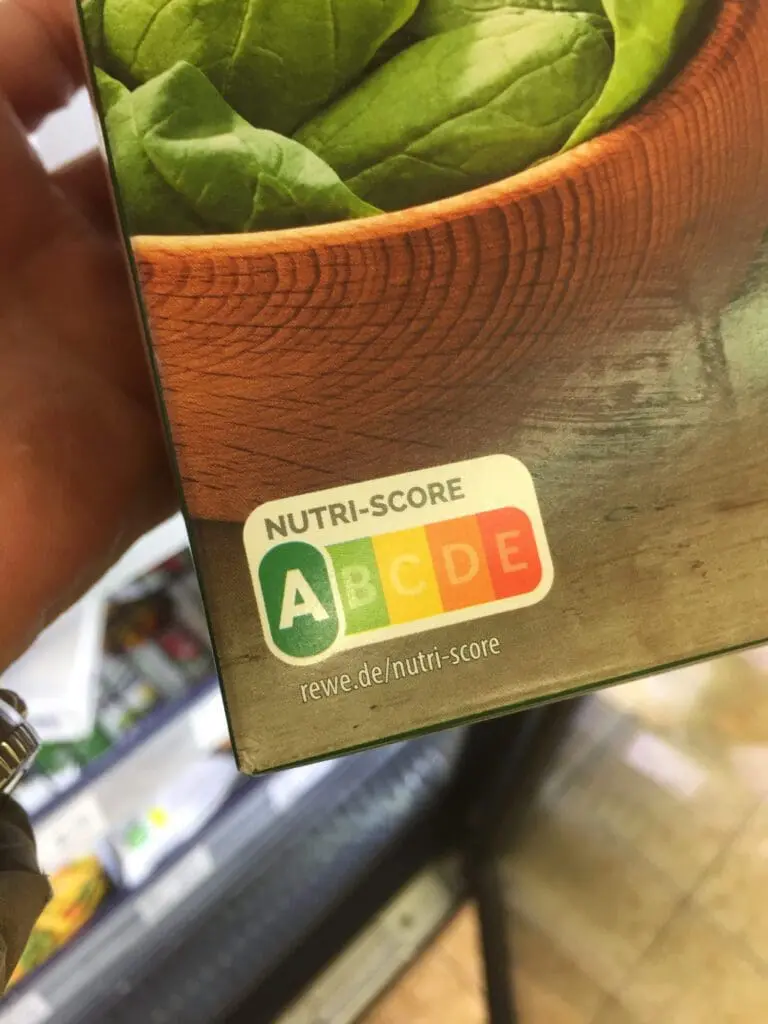
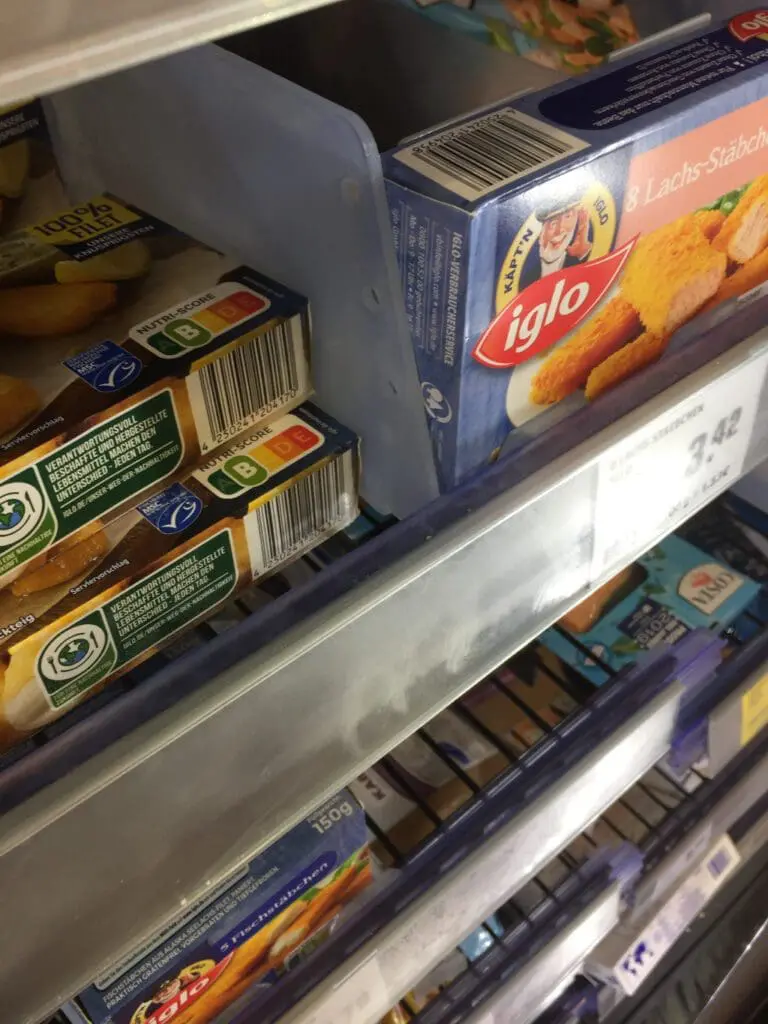
E.Leclerc demands Nutri-Score on all products
In France, retail groups and the FMCG industry have already taken a step forward in Nutri-Score labelling on packaged food. This is because France has already successfully introduced Nutri-Score on a voluntary basis in 2017. For politicians, retailers and the FMCG industry, the reason for this was also the changing wishes of consumers who want more information about food.
This was also shown by the study Food Transparency by OpinionWay and Alkemics from 2019. The key findings of the study are: 83 percent of shoppers look for information before buying a product. At the same time, however, more than 60 percent of consumers perceived the labels on products as incomplete, not precise and transparent enough. This is one of the reasons why the French retail company E.Leclerc has committed itself to making the Nutri-Score visible on all products. The retailer has started this process with its private-label products.
For E.Leclerc, up-to-date, consistent and accurate product data are an important factor in this process. In the past, the French retail primus had issues collecting product data from thousands of suppliers and to provide them consistently, always up-to-date and without mistakes. Due to their poor quality, the data often had to be enriched in a time-consuming process. In order to solve this critical problem in the long term, E.Leclerc now relies on the Alkemics solution.
Within only six months, the retailer has managed to get 2,000 suppliers of all company sizes to consistently provide their product and price information on the Alkemics platform, even those who are still in the early stages of digitising their processes. The manufacturer fills in more than 150 fields for each product.
The Nutri-Score-Label can be automatically identified for each individual product in the Alkemics platform and shared directly with the retailer. In this way, Alkemics also helps small and medium-sized manufacturers to calculate the Nutri-Score. 68 percent of all brand manufacturers included in the Alkemics platform use the field Nutri-Score and share this information with E.Leclerc. In this way Alkemics helps the French retail primus to achieve its goal of labelling all products with the Nutri-Score. For the shopper in E.Leclerc’s physical and online distribution channels, this will create real added value through transparency in food selection.
Nutri-Score also boosts other French retailers
In addition to E.Leclerc, 12 other French retail companies collect Nutri-Score data from their suppliers using the Alkemics platform. As soon as a desirable Nutri-Score becomes visible to the consumer when shopping in a physical store or online shop, this boosts sales, a Nielsen study shows. If manufacturers can show a Nutri-Score in the range of A and B on their product, this will increase sales: by 1,0 percent, with a score of A and by as much as 0.8 percent with a score of B.
The positive impact on the turnover of a product with a desired Nutri-Score is even higher in e-commerce than in physical shops, proves another Nielsen study. This will further motivate the FMCG industry and retail groups to produce healthy products and should further boost the use of the nutrition label in France and Germany.
Unified EU solution still unrealistic
In addition to France and Germany, Belgium is already using the Nutri-Score. Other EU countries like Luxembourg, Spain and the Netherlands are also planning or discussing the introduction of the Nutri-Score.
This is particularly convenient for companies that already label their products in the French market, as they can also display the Nutri-Score on their products for the German and Belgian markets. It is likely that this will soon also be possible on products for the markets in Luxembourg, Spain or the Netherlands.
Berlin and the EU Commission are aiming for an EU-wide introduction of the Nutri-Score. However, the EU is still a long way from having uniform labelling. The German food association Lebensmittelverband Deutschland believes that the objections from Italy and the Central and Eastern European countries such as Greece, the Czech Republic, Latvia, Hungary, Cyprus and Romania to the model à la française are too strong.
